What’s Happening?
Former Labour Party presidential candidate Peter Obi has expressed deep concerns over the state of democracy in Nigeria, following the National Assembly’s approval of President Bola Tinubu’s declaration of a state of emergency in Rivers State. In a strongly worded post on his X (formerly Twitter) handle, Obi criticized the parliamentary vote, stating that it demonstrates the absence of true democracy in the country.
The declaration, which includes the suspension of Rivers State Governor Siminalayi Fubara, his deputy, and all elected members of the state legislature, has sparked widespread debate and opposition. Obi’s comments highlight the growing frustration among Nigerians over what many see as the erosion of democratic principles and the lack of a functional opposition.

Obi’s Critique: A Democracy in Crisis
Peter Obi, a former governor of Anambra State and a prominent opposition figure, did not mince words in his assessment of Nigeria’s democratic system. “The parliamentary vote held yesterday clearly demonstrates that democracy, in its true sense, does not exist in Nigeria,” he wrote.
Obi argued that democracy cannot thrive without a functional opposition, which he described as a critical pillar of any democratic system. “Opposition ensures that the right things are done, holds the ruling party accountable, and offers alternative viewpoints,” he said.
The Role of Proportional Representation
Obi pointed to countries like South Africa and Indonesia as examples of democracies that practice proportional representation, ensuring fair and balanced political systems. In South Africa, for instance, the African National Congress (ANC) holds about 40% of the seats in the National Assembly, while the Democratic Alliance (DA) and other parties hold the remaining seats based on their electoral performance.
“If that were the case in Nigeria,” Obi explained, “our Senate—comprising 109 seats—would be more reflective of electoral realities, with the APC holding 44 seats, the PDP 33 (under the leadership of Atiku), and the Labour Party 27 (under my leadership).”
He also highlighted the lack of laws restricting party defection in Nigeria, which allows politicians to switch allegiances without consequences. “This not only weakens the opposition but also makes a mockery of the electorate’s will and undermines the integrity of our democratic institutions,” Obi stated.
The Rivers State Emergency: A Symptom of a Larger Problem
The approval of the state of emergency in Rivers State by both the House of Representatives and the Senate has been met with widespread criticism. Many Nigerians view the move as an overreach of executive power and a blow to democratic governance.
Obi described the current system as “transactional, compromised, and, in many respects, resembling organised criminality.” He warned that unless urgent reforms are implemented to entrench true democratic principles, Nigeria’s democracy will remain fragile and dysfunctional.
Why This Matters
Obi’s comments come at a time when Nigeria’s democracy is facing significant challenges, including political instability, weak institutions, and a lack of accountability. The Rivers State emergency declaration has further exposed the vulnerabilities in the system, raising concerns about the future of democratic governance in the country.
The absence of a strong opposition, as Obi pointed out, undermines the checks and balances necessary for a healthy democracy. Without meaningful reforms, Nigeria risks sliding further into authoritarianism, where the ruling party operates without accountability and the voices of the people are silenced.
Read also: “Ganduje Fires Back: ‘No Gang-Up Can Stop Tinubu’s Re-Election in 2027’”
What’s Next?
The controversy surrounding the Rivers State emergency is unlikely to die down soon. Key developments to watch include:
- The response of civil society groups and the international community to the declaration.
- Potential legal challenges to the state of emergency and the suspension of elected officials.
- Efforts by opposition parties to unite and present a stronger front against the ruling APC.
- Calls for electoral and constitutional reforms to address the systemic issues highlighted by Obi.
Key Takeaways
- Peter Obi has criticized the National Assembly’s approval of the Rivers State emergency, calling it a sign that democracy does not exist in Nigeria.
- He emphasized the importance of a functional opposition and proportional representation in a healthy democracy.
- Obi described Nigeria’s current system as “transactional, compromised, and resembling organised criminality.”
- Urgent reforms are needed to strengthen democratic institutions and ensure fair representation.
- The Rivers State emergency highlights the broader challenges facing Nigeria’s democracy.






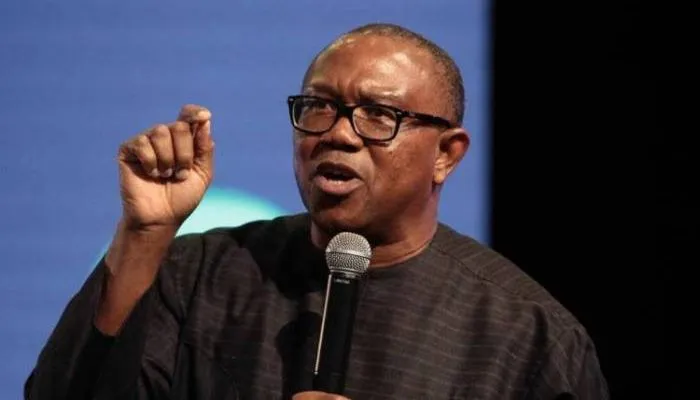





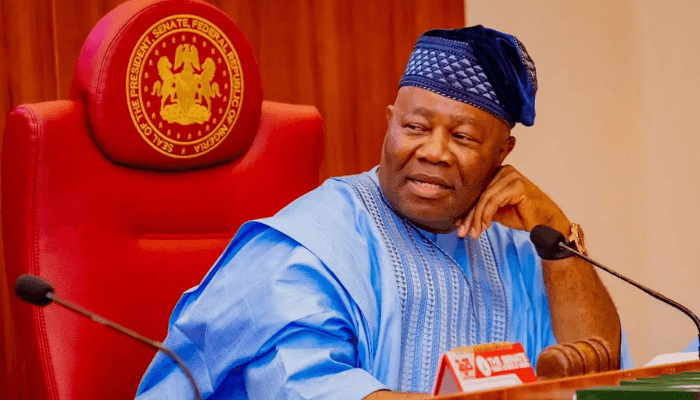
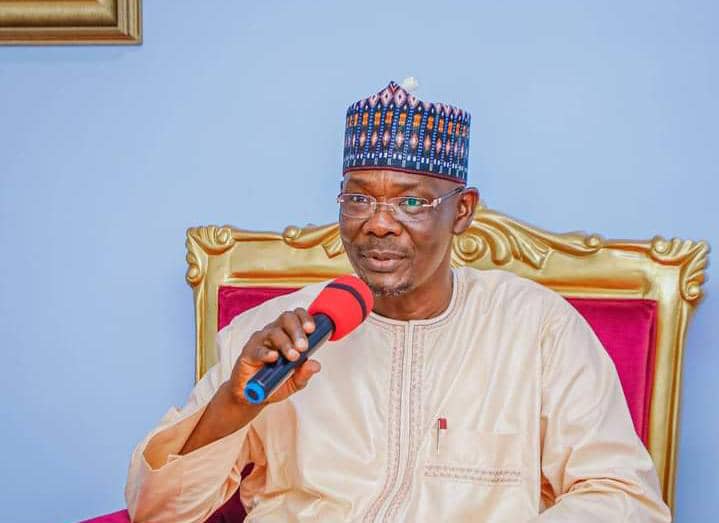
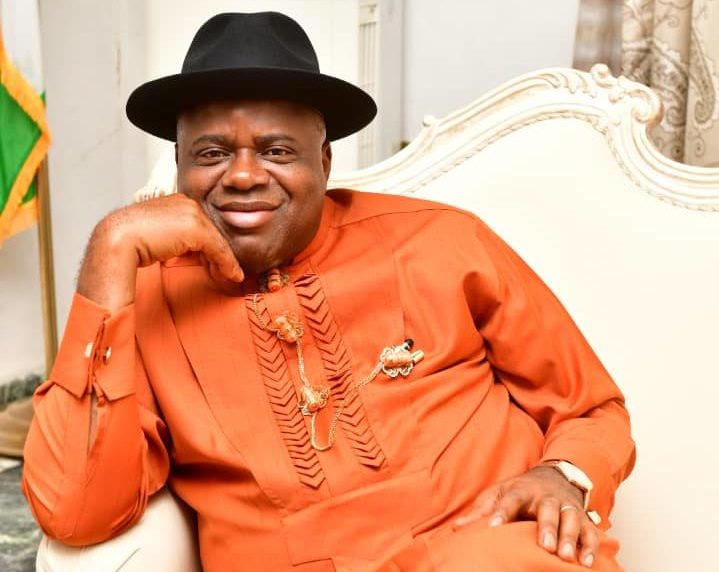
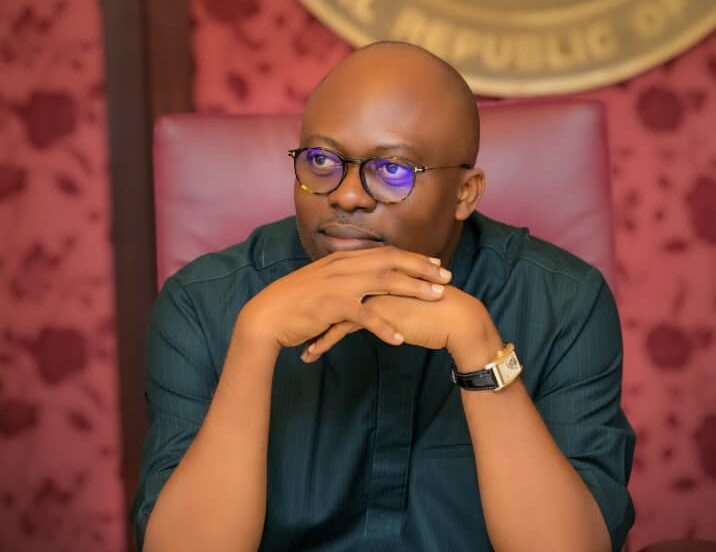
Got a Questions?
Find us on Socials or Contact us and we’ll get back to you as soon as possible.